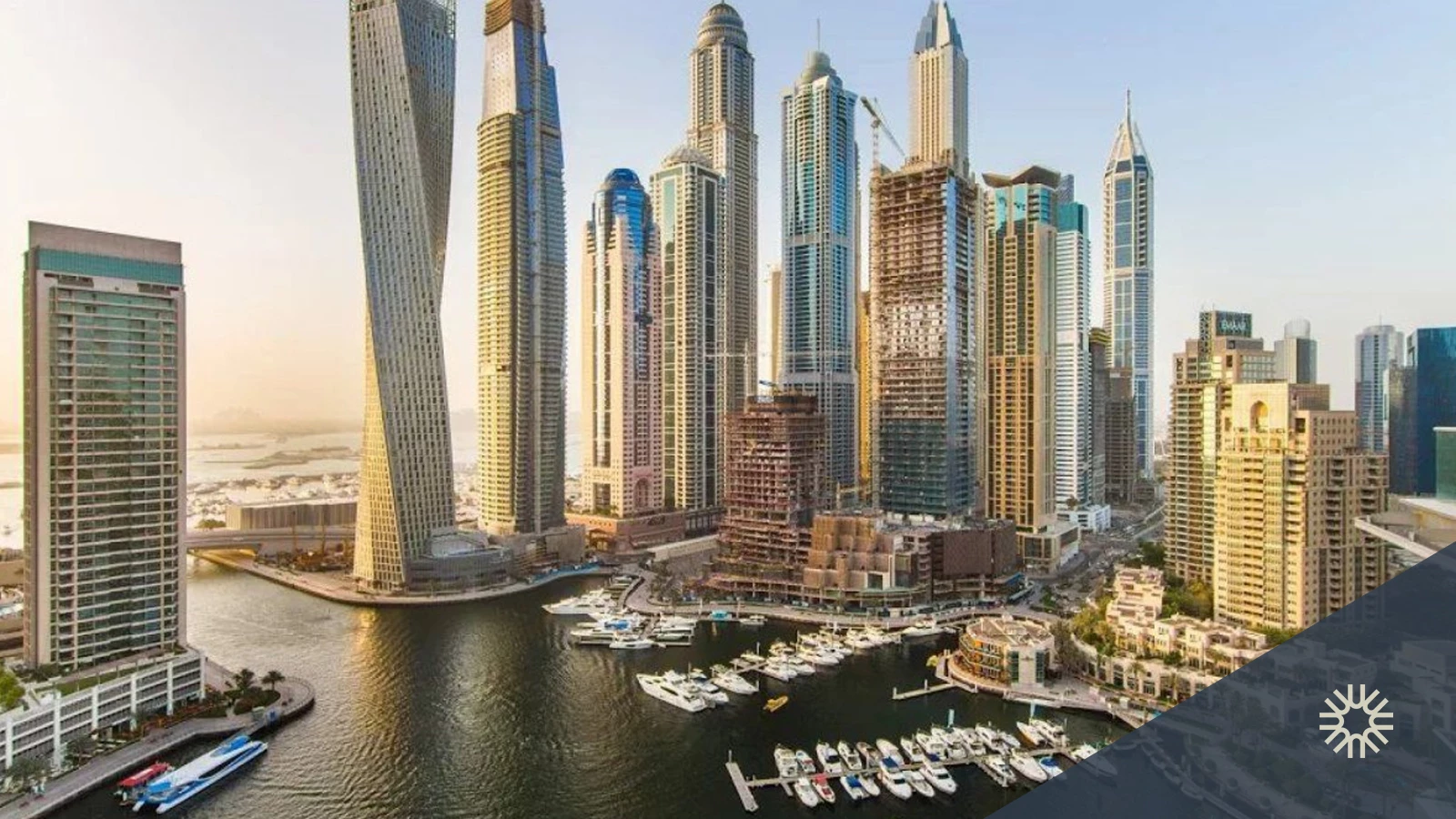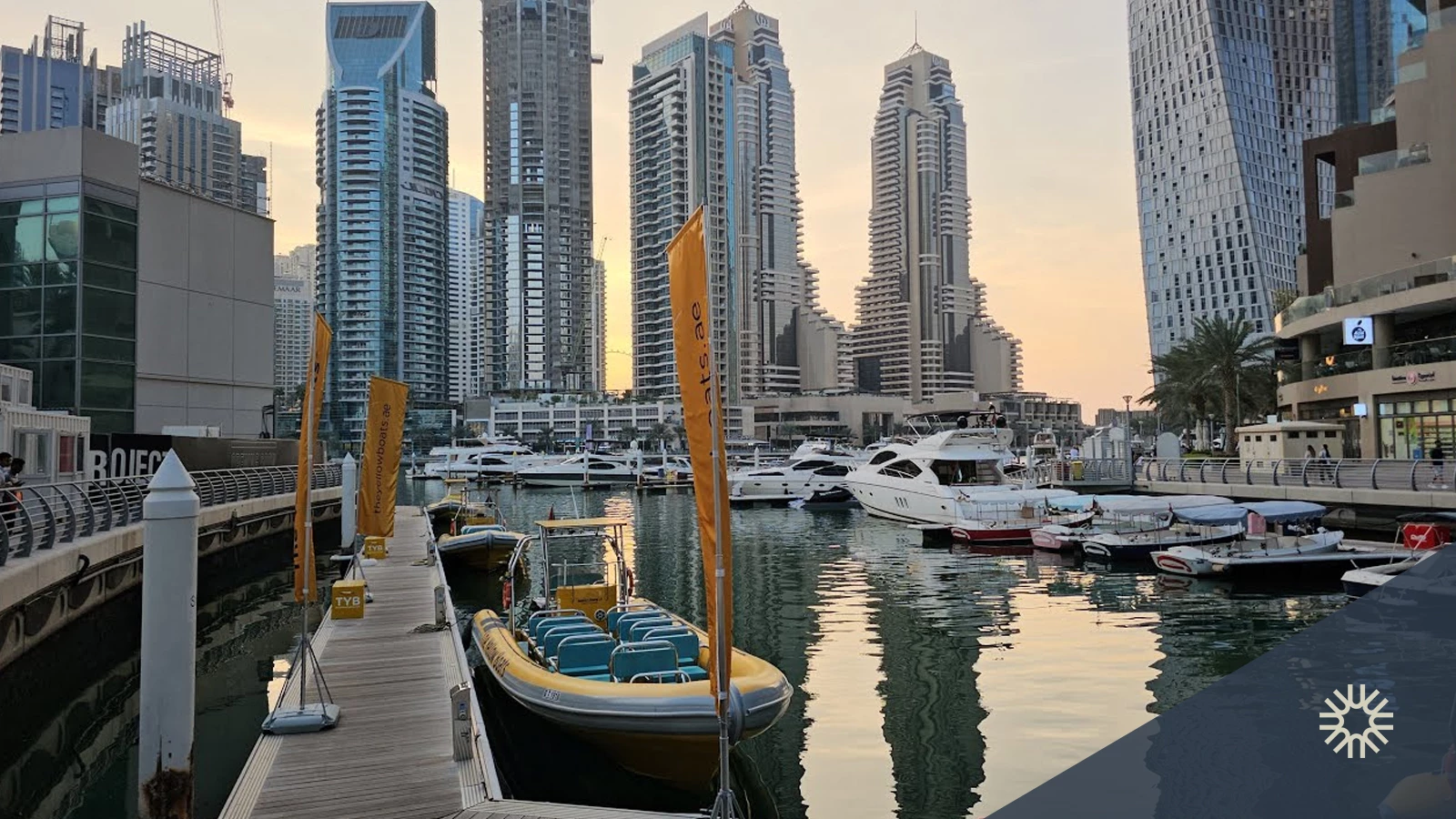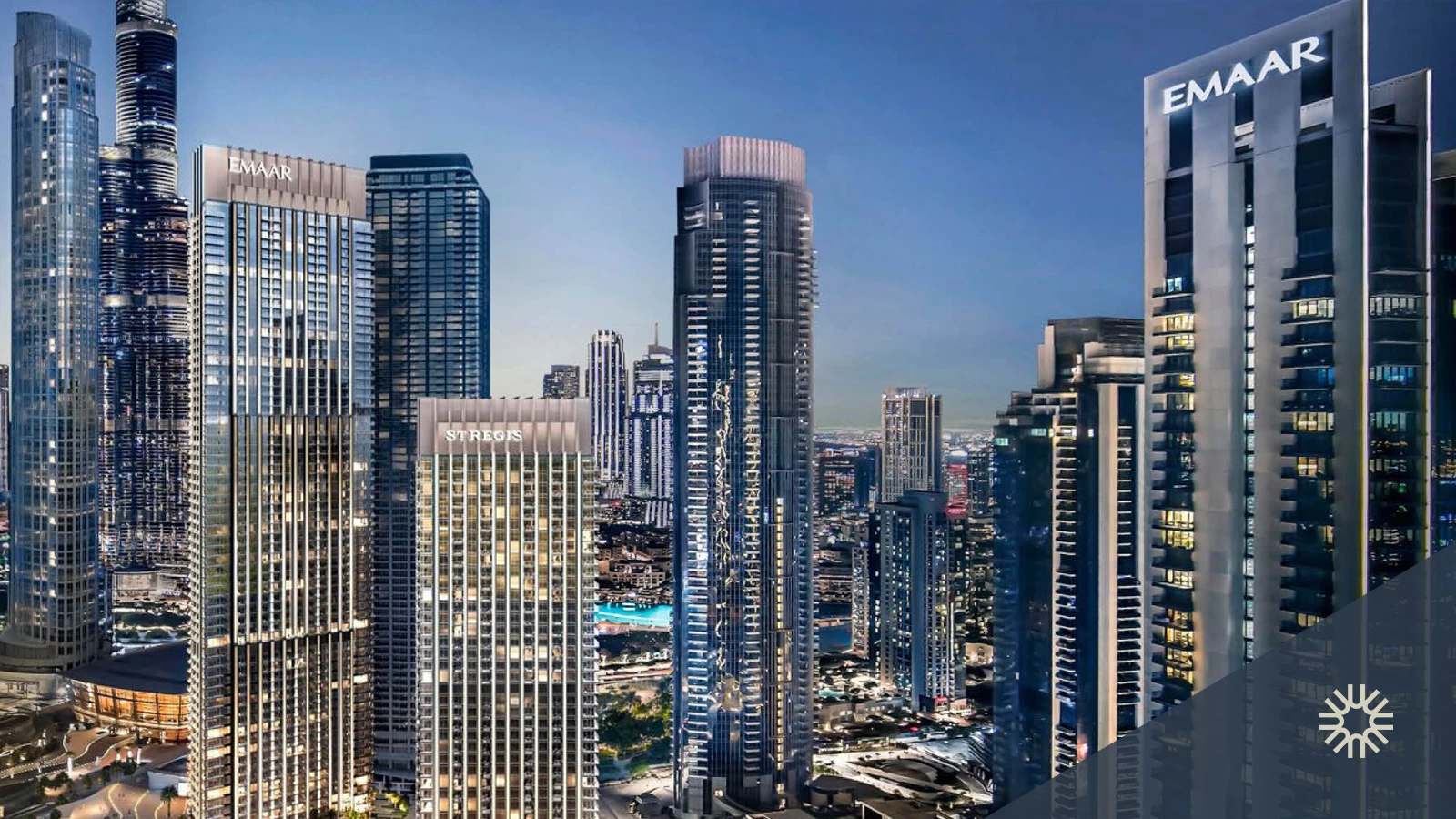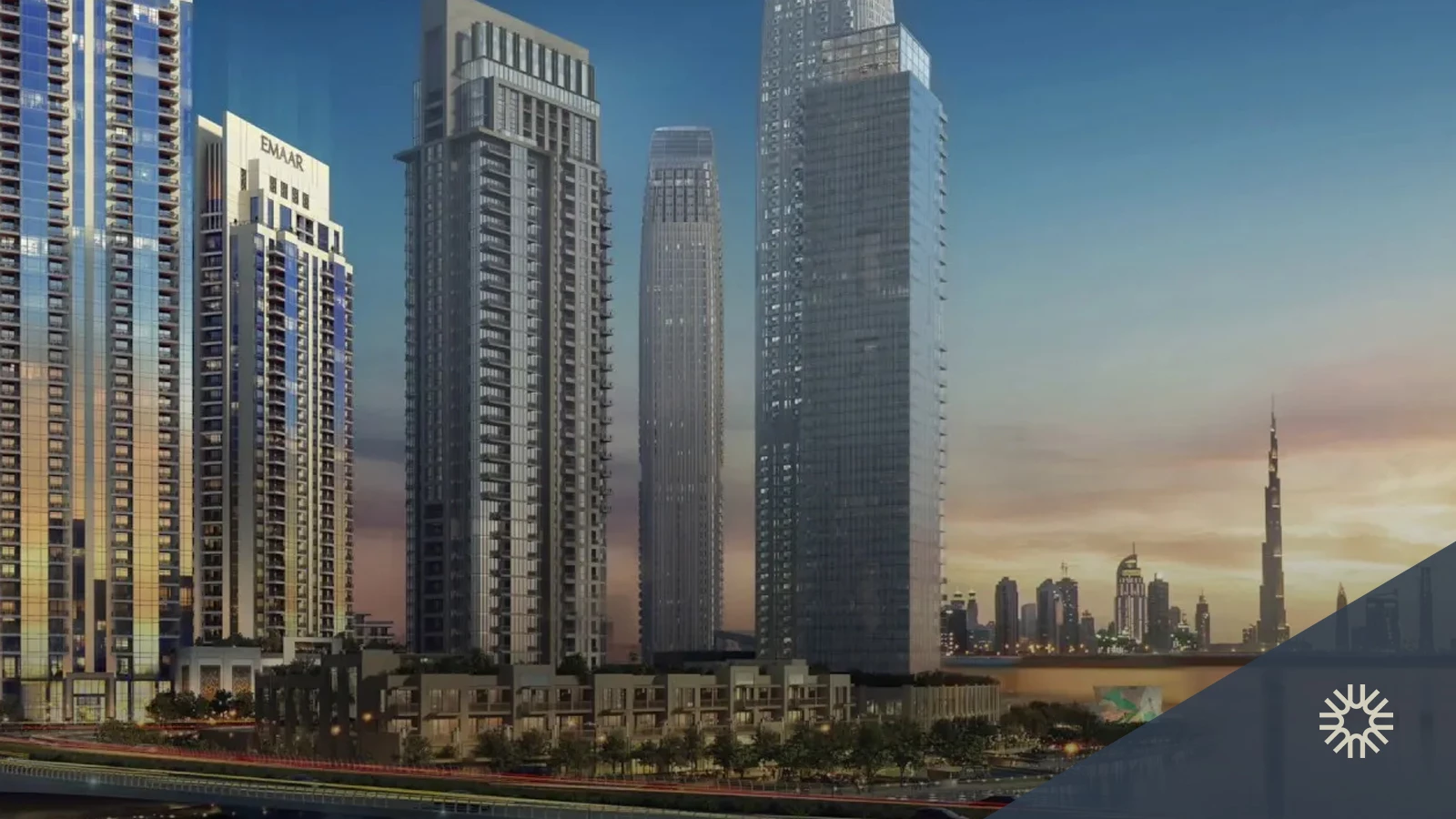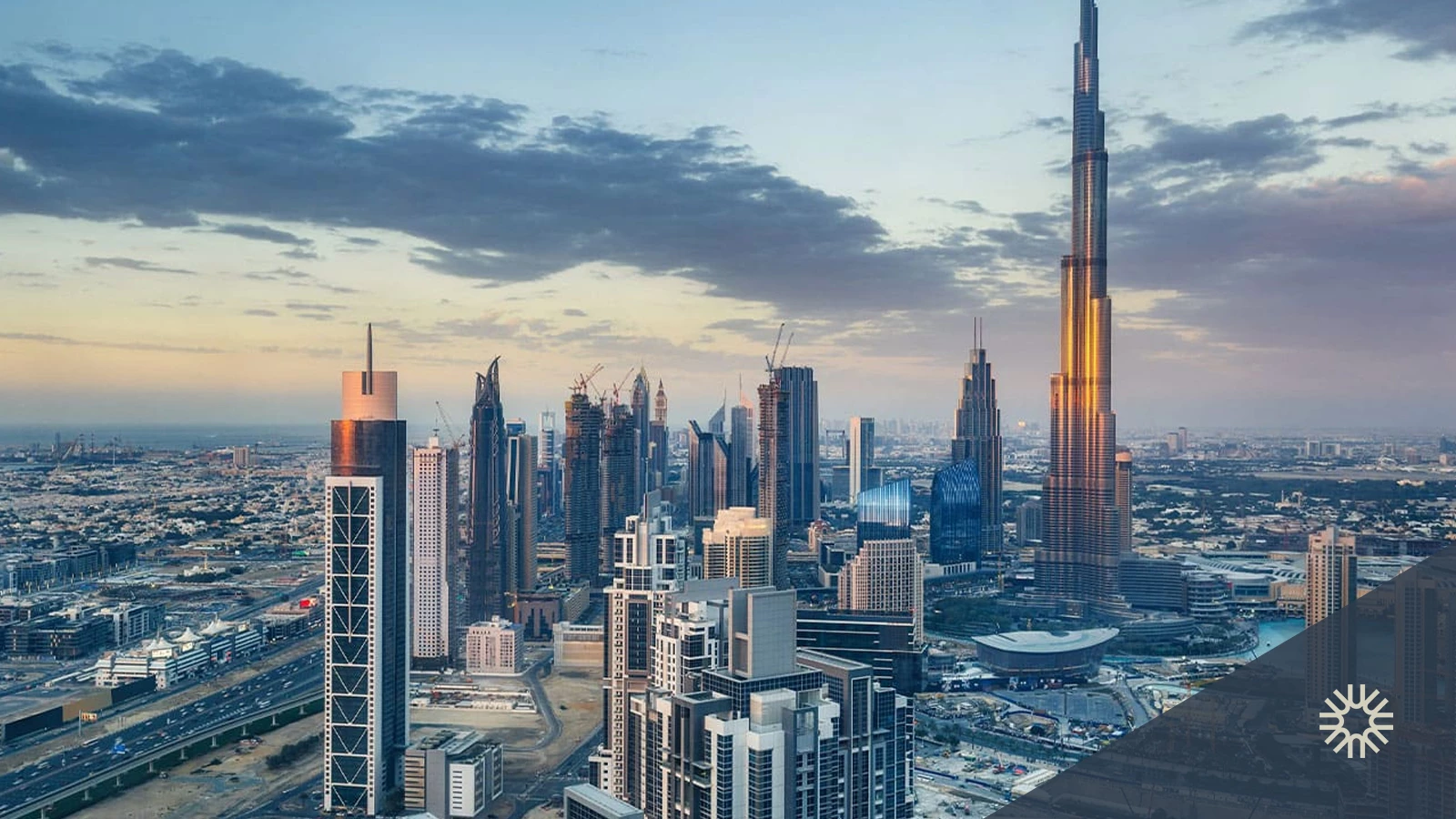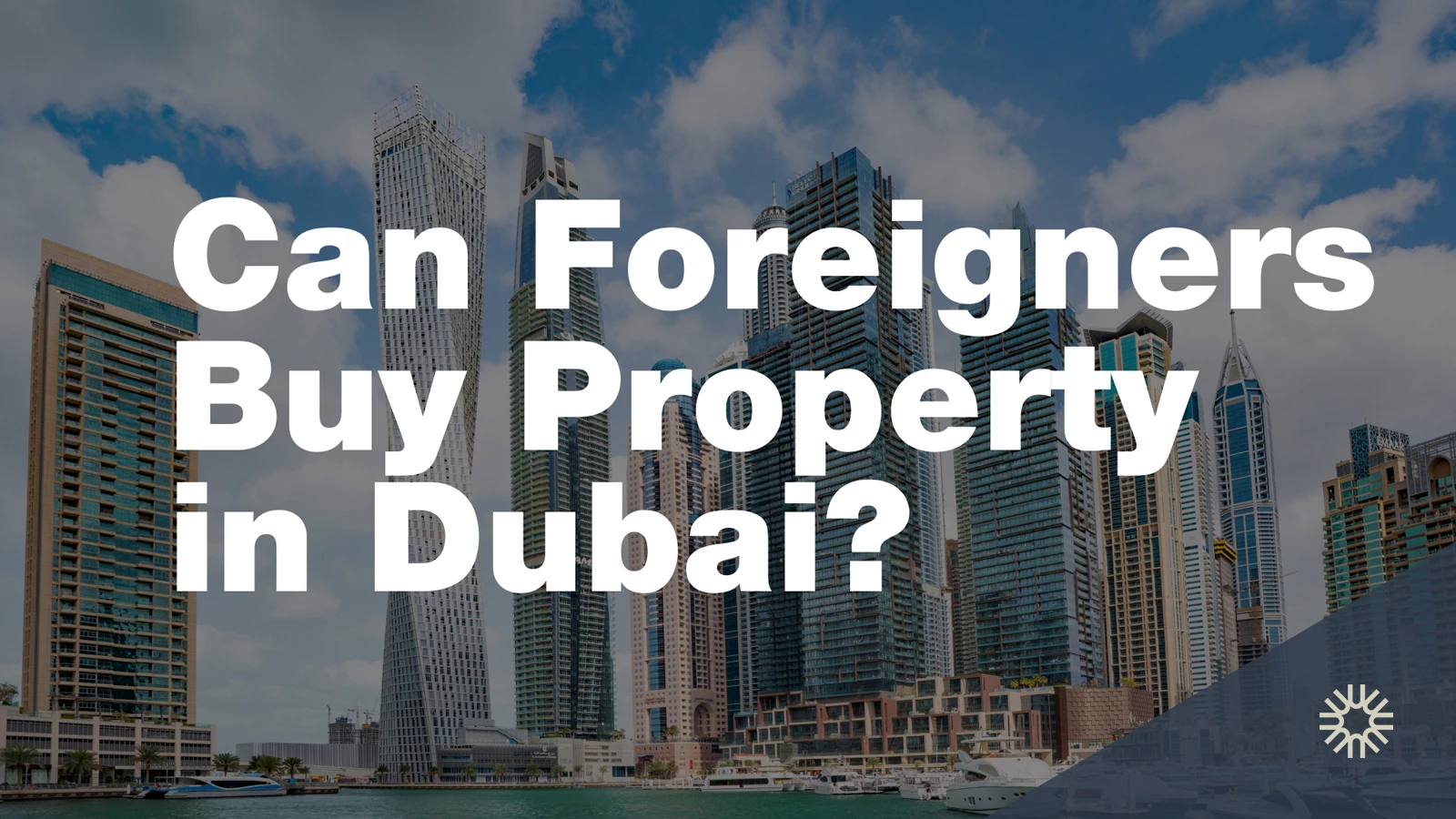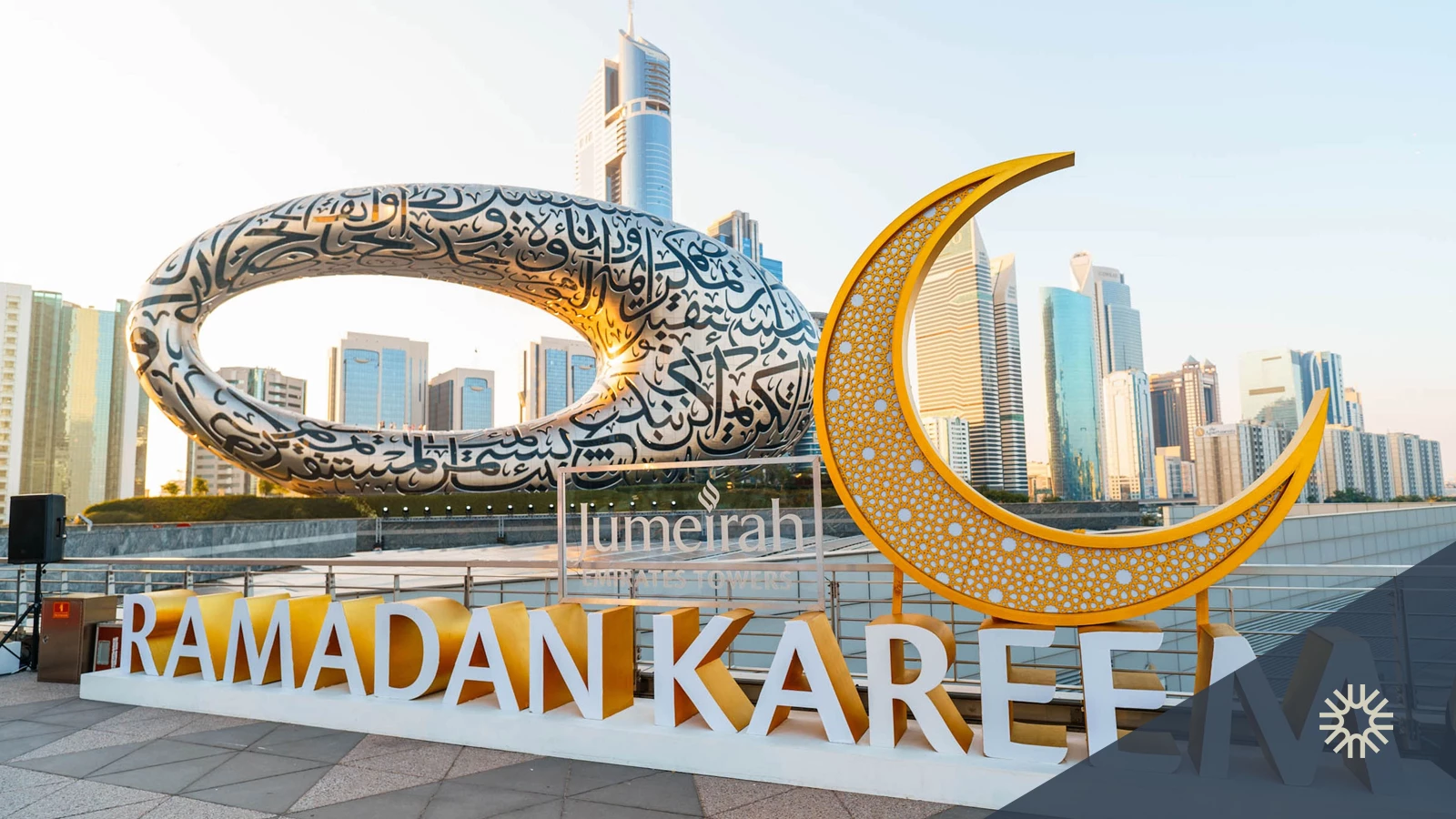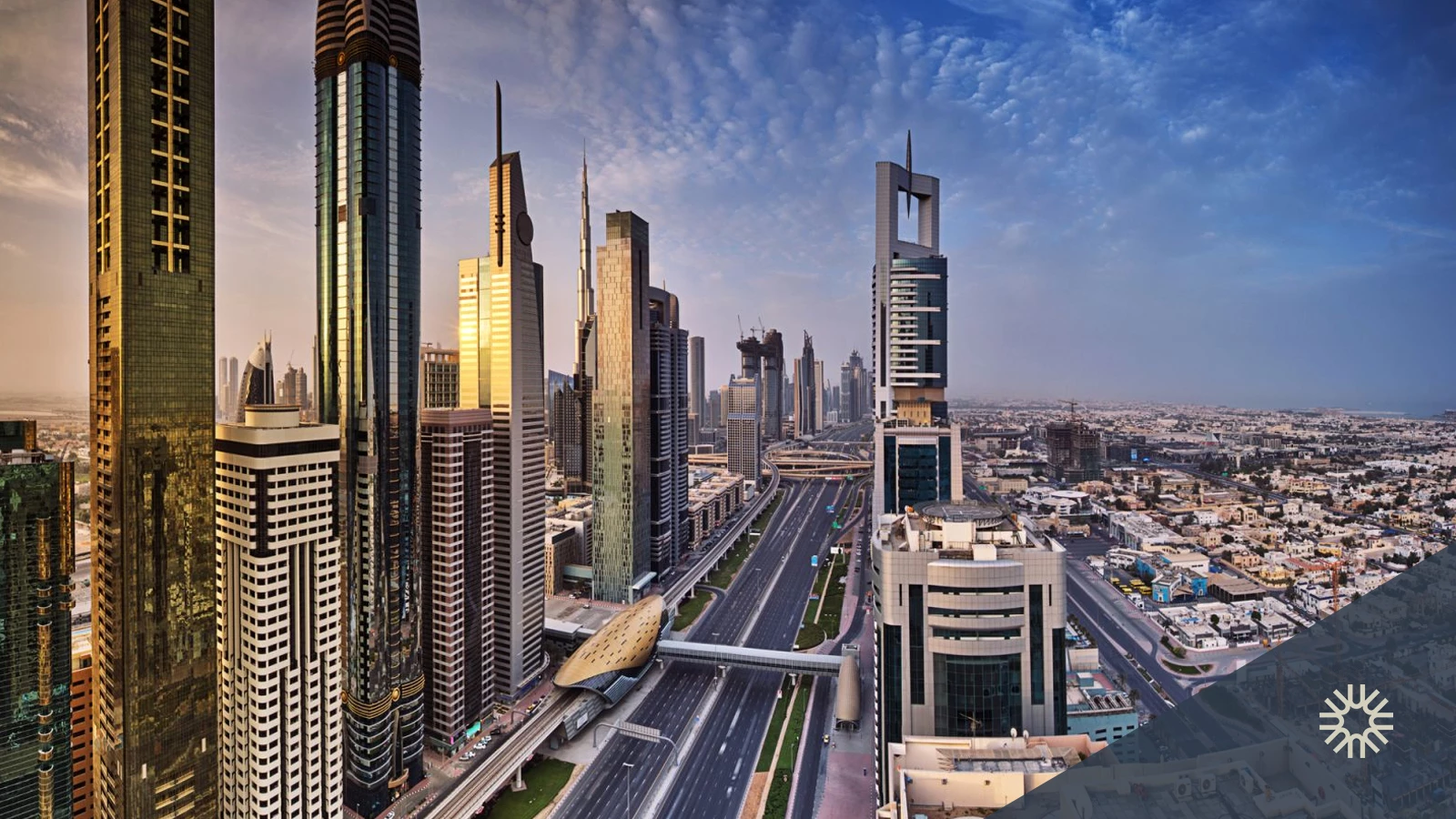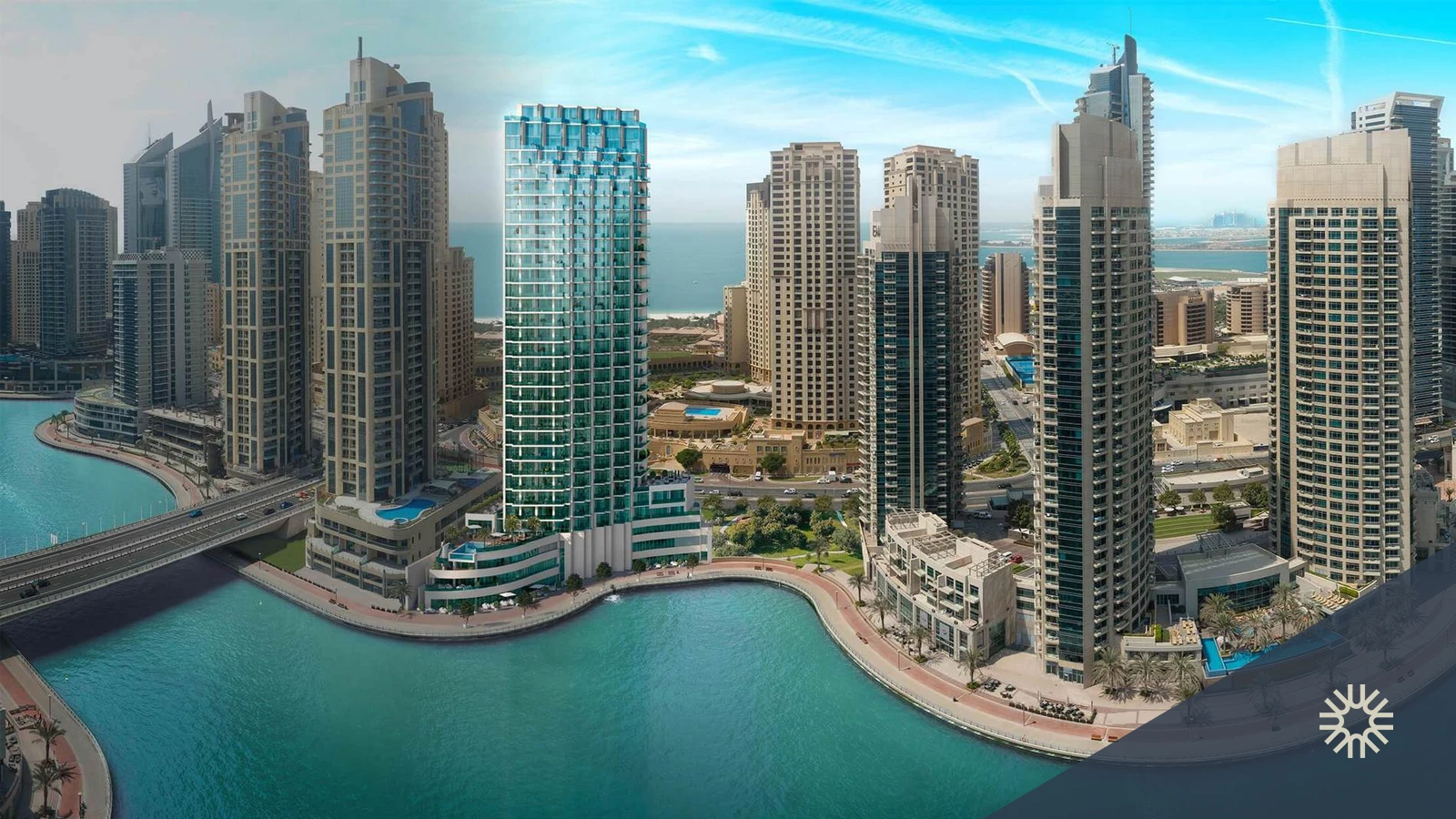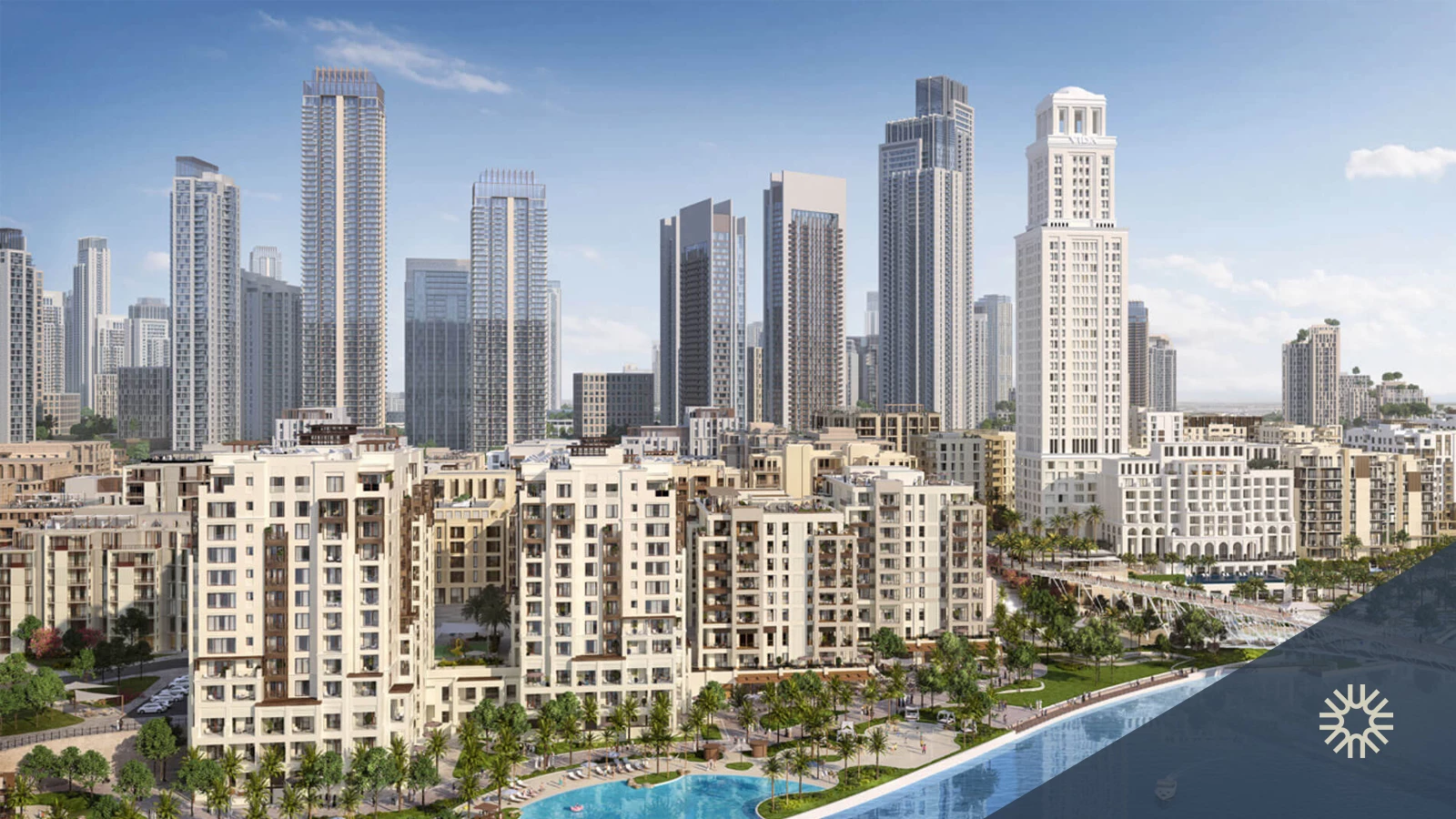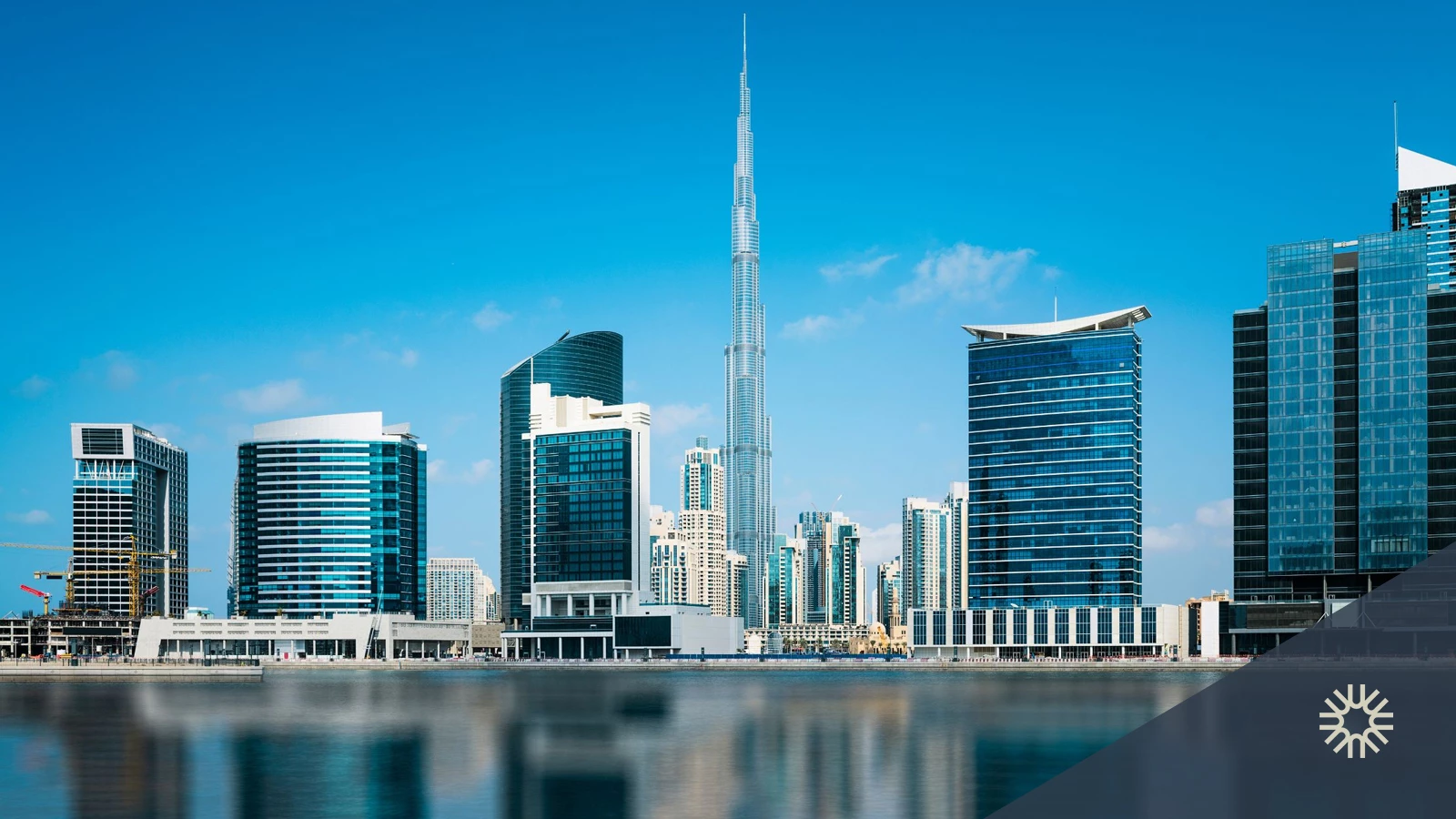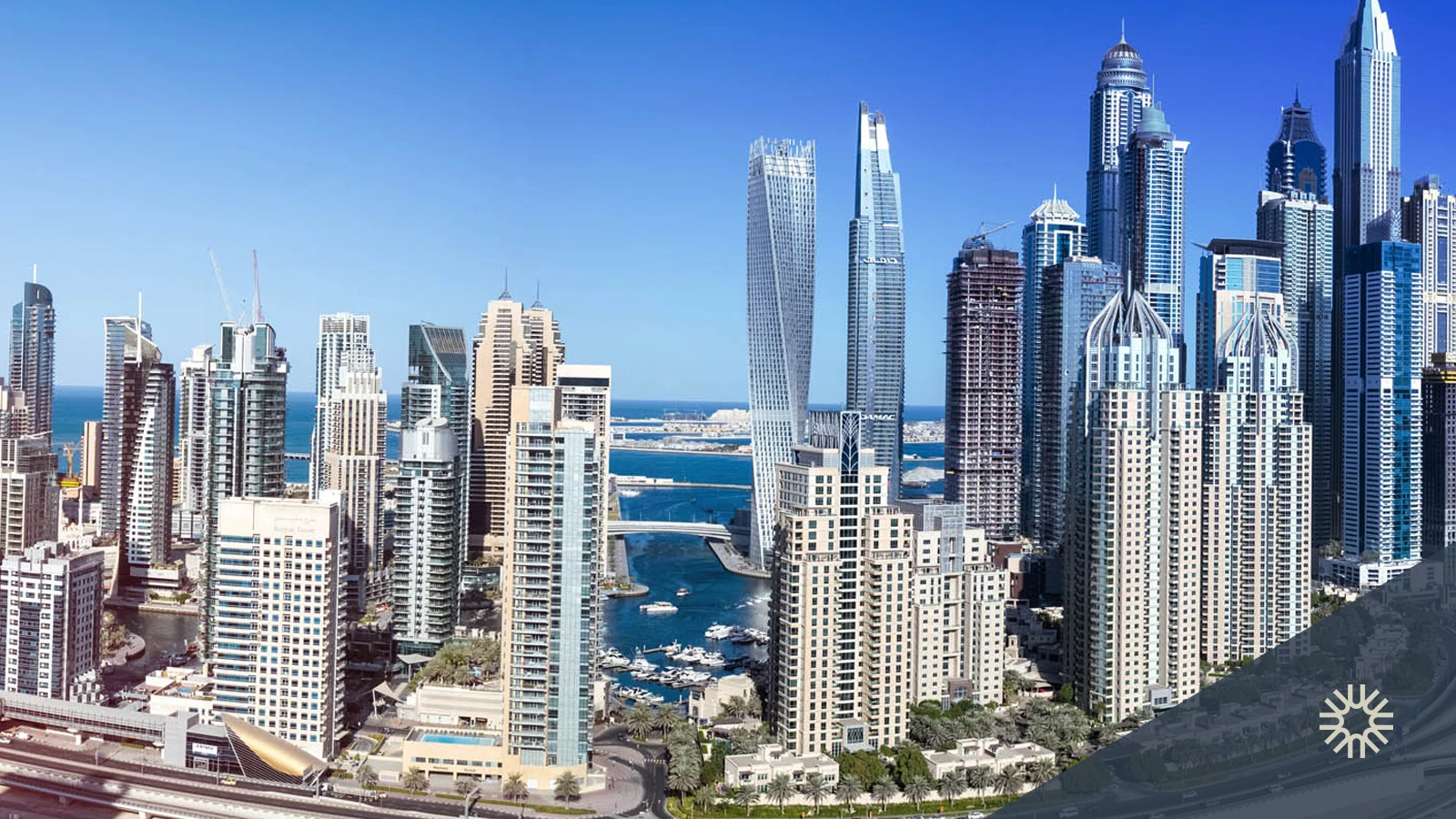Understanding Dubai's Real Estate Laws for Foreign Investors
03-10-2024
Unique Properties
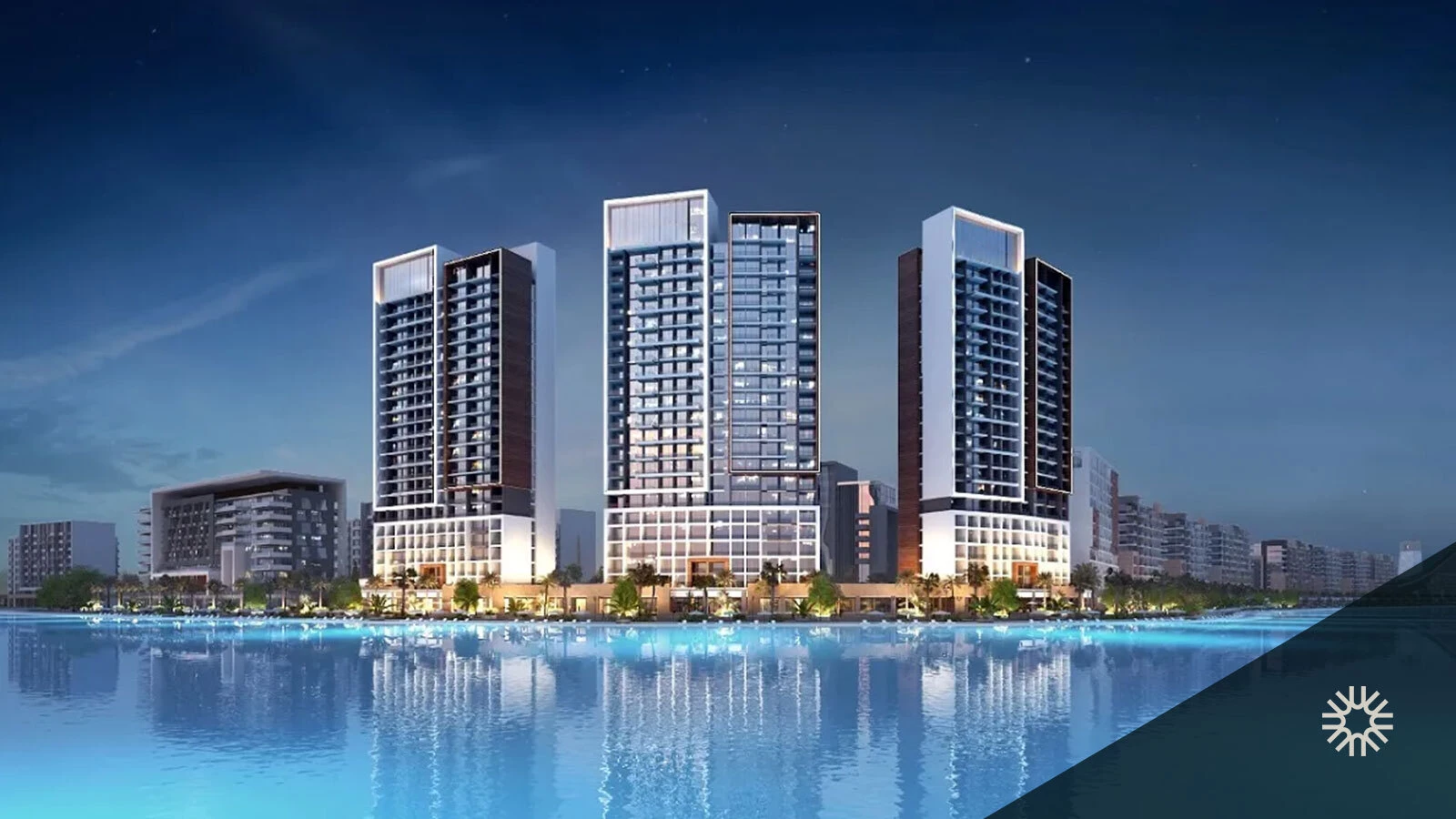
Dubai has rapidly emerged as a global hub for real estate investment, offering lucrative opportunities for foreign investors. With its luxurious lifestyle, booming economy, and attractive property market, it's no wonder that Dubai has garnered international attention. However, understanding Dubai's real estate laws for foreign investors is essential to ensure a smooth investment process.
This blog will delve into the legal framework governing foreign ownership, provide detailed insights supported by numbers, and explore essential aspects of property transactions, particularly for international investors.
Dubai's Freehold Areas for Foreign Investors
Foreign investors are permitted to purchase properties in designated freehold areas of Dubai, where they gain complete ownership of both the property and the land it occupies. Some of the top freehold areas include Palm Jumeirah, Dubai Marina, Downtown Dubai, and Jumeirah Lake Towers (JLT), where high-end developments attract buyers worldwide.
As of Q2 2024, Dubai’s real estate market saw an increase in foreign investment, with 48% of property transactions involving international buyers, up from 45% in 2023, according to a report by Property Finder. These numbers are supported by the strong demand for off plan properties in Dubai, which accounted for 52% of total transactions in 2024, a notable increase from the previous year. Investors are drawn to off-plan properties due to their flexible payment structures and the potential for significant returns, especially in rapidly growing areas like Dubai South and Mohammed Bin Rashid City.
Legal Requirements for Foreign Investors
Foreign investors must follow specific legal procedures when purchasing real estate in Dubai. One key step is obtaining a No Objection Certificate (NOC) from the developer or current owner, ensuring the property is free from any financial liabilities. Moreover, service charges must be paid, which cover the maintenance of the property and communal areas. The cost of these charges varies depending on the location and type of property.
A critical aspect of understanding Dubai's real estate laws for foreign investors is the registration of property with the Dubai Land Department (DLD). In 2024, the registration fee remains at 4% of the property’s value, paid by the buyer. The property registration process has been further streamlined in 2024, allowing digital transactions and reducing the transfer process to just two days in many cases. Additionally, the DLD introduced a blockchain-based property transfer system, increasing transparency and reducing the risks of fraud.
Engaging with International Real Estate Brokers
Navigating Dubai’s real estate market can be complex for foreign investors. Working with international real estate brokers ensures that buyers receive expert advice, especially on market valuations, current trends, and legal paperwork. These brokers are pivotal in helping investors find properties that fit their investment goals, whether they are looking for real estate property for sale in Dubai or seeking off plan investments.
A 2024 report by JLL notes that international brokers facilitated approximately 60% of foreign real estate transactions in Dubai this year, a significant increase from the previous years. This rise is attributed to the brokers' in-depth knowledge of Dubai’s market, including emerging areas with high potential returns.
Foreign Ownership Restrictions
While freehold ownership is available in certain areas, foreign investors are restricted from owning property outside these zones. Non-freehold properties, found primarily in older parts of Dubai, can only be leased on a 99-year basis. Understanding this restriction is essential for international buyers, particularly those considering more traditional or less developed neighborhoods.
The DLD has also introduced strict regulations on foreign property ownership in 2024. Foreign investors are now required to provide additional documentation verifying their financial status and compliance with anti-money laundering (AML) regulations. These rules are part of a broader effort by the UAE government to enhance transparency and protect the real estate market from illicit activities.
Taxation Benefits for Foreign Investors
One of the most attractive aspects of investing in Dubai’s real estate market is the absence of property and capital gains taxes. In 2024, Dubai continues to offer a tax-free environment, allowing investors to maximize their returns. This advantage sets Dubai apart from other global real estate markets like London or New York, where property taxes can significantly erode profits.
According to a report, the tax-free nature of Dubai’s property market, combined with high rental yields, makes the city one of the most profitable real estate markets globally. The average rental yield in Dubai reached 7.2% in Q2 2024, making it highly competitive compared to other international markets. For instance, yields in major cities like London and New York average around 3-4%, making Dubai’s property market a standout for investors seeking high returns.
Investor Visa for Property Buyers
Foreign investors who purchase property worth AED 750,000 or more are eligible to apply for a three-year investor visa. Those purchasing properties valued at AED 2 million or more can qualify for a 10-year residency visa under the UAE’s Golden Visa program. In 2024, the DLD reported a 12% increase in applications for the Golden Visa, indicating the program’s growing appeal among foreign buyers seeking long-term residence in Dubai.
This visa allows investors to live, work, and even sponsor their family members in the UAE. The residency options are particularly beneficial for investors looking to establish a long-term presence in the region, making Dubai an attractive destination for international buyers.
Why Foreign Investors Choose Dubai
Several factors contribute to the ongoing popularity of Dubai’s real estate market among foreign investors in 2024. Aside from its tax-free benefits, Dubai continues to develop major infrastructure projects such as the expansion of the Al Maktoum International Airport and new waterfront communities like Dubai Harbour. These developments are not only drawing tourists but are also increasing the value of properties in the surrounding areas.
According to the DLD, property prices increased by 11% in the first three quarters of 2024, following a similar growth trend seen in 2023. New mega-projects, particularly in off-plan developments, continue to drive demand. Off plan properties in Dubai remain a top choice for investors seeking capital appreciation and flexible payment terms. These properties allow investors to enter the market at lower initial costs and benefit from the city’s rapid growth.
Conclusion
In conclusion, understanding Dubai's real estate laws for foreign investors is crucial for making informed decisions in this fast-growing market. The legal framework in Dubai provides robust protection for foreign buyers, with the added benefits of no property taxes, high rental yields, and residency options.
By working with international real estate brokers, investors can navigate the complexities of the market and discover real estate property for sale in Dubai that aligns with their investment goals. As we approach the end of 2024, the real estate market in Dubai shows no signs of slowing down, making it an ideal time for foreign investors to capitalize on the city’s growth and long-term potential.
For more insights and the latest updates on Dubai’s property market, follow us on social media.
